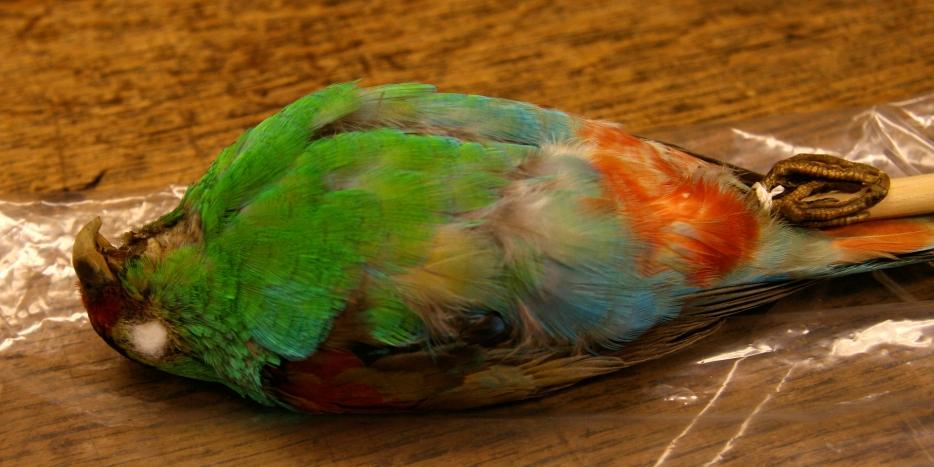Specific Purpose: To convince conscious pet-owners that keeping exotic pets harms the latter, the solution is to advocate for better regulations because I do not want to play God and would rather start being responsible for protecting the environment.
Central Idea: To be convinced not to keep exotic pets.
Introduction
- Many exotic pets die even before being sold, and the rest suffer in an unsuitable environment.
- Not making inquiries before buying such an animal results in insufficient resources and a pet’s death.
- Everyone in the audience probably has a pet and can feel empathy towards a non-human being.
- After researching the topic properly, I hope to convince you that keeping exotic pets is harmful to them, so the solution is to advocate for better regulations because I do not want to play God and would rather start being responsible for protecting the environment.
Body
(Transition: Before I tell about advocating for better regulations, allow me to explain the issue with exotic pets).
Keeping exotic pets can be harmful to them due to inadequate care (problem). According to PETA, most of them die during capture and transportation, and those who survive the ordeal suffer the same fate at people’s homes, barely living for more than a year. Such pets require specialized diets and facilities, which are not easily available or affordable (Henn). Some impatient owners may leave them outdoors to solve the issue, but it is equally lethal for the animal (PETA). It may also become too distressed and try to escape, leading to a similar outcome (Henn). Meanwhile, several stakeholders, including smugglers, sellers, and other indifferent owners, appear to benefit from the situation.

The problem is rampant due to inadequate legal regulation regarding exotic pets, so the best solution would be to advocate for its improvement (solution). Better laws can remove the loopholes used by traders and make it mandatory to monitor animal lives to prevent abuse by smugglers or owners (Nuwer). The advocacy can be done through starting petitions or signing the existing ones, appealing to the local government, or joining forces with the Wildlife Conservation Society or another organization (Nuwer). As a result, exotic pets will not be openly sold, and their lives will be spared; moreover, a potential owner may avoid being incriminated for illegally possessing one and will opt for a safer option.
(Transition: As you have the understanding of the issue and its potential solution by advocating for better regulations in the field, I will share why it resonates with me).
I do not want to play God and would rather start being responsible for protecting the environment (emotional appeal). People buy exotic pets simply because they are unique or beautiful without caring for their survival, which is a consumerist approach to nature, and I cannot accept it. I believe that those animals are living beings deserving of freedom, and by leaving them alone, we will eventually learn how to save the planet, too.
Conclusion
I am out of time, but I am certain that now you see why it could be very beneficial to advocate for better regulations concerning exotic pets instead of keeping them.
Works Cited
Henn, Corrine. “Here’s Why Exotic Animals Belong in the Wild, Not as ‘Pets’ in Our Backyards.”One Green Planet, 2021, Web.
Nuwer, Rachel. “Many Exotic Pets Suffer or Die in Transit, and Beyond—and the U.S. Government is Failing to Act.”National Geographic, 2021, Web.
PETA. “Exotic Animals as ‘Pets.’”PETA, Web.